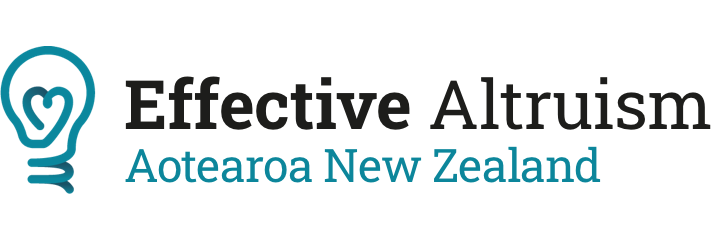Research Position on Shrimp Welfare
Welfare Footprint Institute
📍 Remote (Global) 🕔 0.5 FTE
💰$85,000 USD /year, pro rata ⏳ 15/09/2025
The Welfare Footprint Institute (WFI), in partnership with the Shrimp Welfare Project (SWP), is hiring a Researcher to work 50% FTE for one year on a project focused on developing predictive indicators of shrimp welfare for use in intensive aquaculture systems.
Shrimp are farmed in the tens of billions each year, yet little is known about how to monitor their welfare in practice. While aquaculture systems are becoming increasingly intensive and technology-driven, there is still no agreed set of indicators that can provide reliable, real-time warnings when welfare is at risk. This project seeks to address that gap by identifying indicators that are both biologically meaningful and feasible to monitor in commercial settings. These will form the basis for welfare safeguards that can be embedded directly into the management of intensive shrimp farming.
This is WFI’s first project dedicated to invertebrates, an important milestone in our research agenda. You will work closely with other WFI researchers to synthesize evidence, evaluate welfare indicators, and produce scientific publications. The role offers an opportunity to help establish the foundations of invertebrate welfare science, in a project with major potential for impact on both industry practices and policy.
Key Responsibilities
Conduct literature reviews on shrimp physiology, neurobiology, behavior, and welfare-relevant traits.
Identify and evaluate candidate welfare indicators for intensive aquaculture systems.
Assess feasibility of near-real-time monitoring tools.
Contribute to at least one peer-reviewed publication as well as internal reports.
Work in close collaboration with WFI researchers, the SWP and external partners.
What We’re Looking For
Intellectual curiosity – willingness to engage carefully with evidence and methods.
Critical reasoning – ability to weigh conflicting findings and make defensible inferences.
Practical judgment – readiness to advance projects despite incomplete or biased data.
Constructive skepticism – capacity to question assumptions, designs and data, even in established literature.
Independence – ability to sustain focused research work with minimal supervision.
Relevant knowledge – expertise in stress physiology and neurology of aquatic species is especially valuable, though backgrounds in physiology, neuroscience, veterinary science, aquaculture, or related fields will also be considered.
How We Hire
Application – Short written responses.
Paid work test on the Research Topic
CV Analysis
Remote interview – with WFI researchers.
Hiring Timeline
Applications Close: Sep 15
Work Test: Sep 15 - 20
Final Decision: expected by Sep 23
Start Date: October 01, 2025
